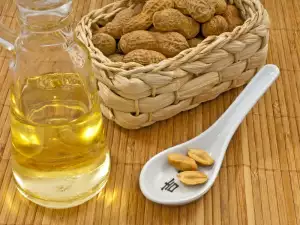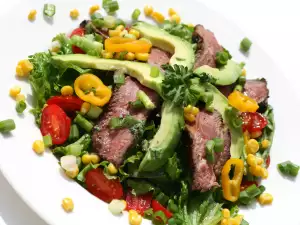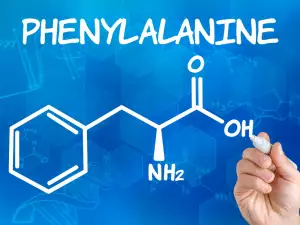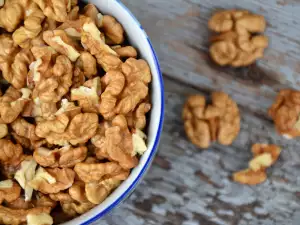Histidine is an essential amino acid that plays a function in the growth and regeneration of tissues in the human body.
Histidine is of prime importance for the production of white and red blood cells, while at the same time being responsible for immune system reaction during allergies. It is needed for proper mental and physical development.
Histidine is considered a poly essential fatty acid because adults usually produce enough of this amino acid, while children do not.
Benefits of Histidine
The most important benefit of histidine is its participation in the production of white and red blood cells and its protection against allergies. Histidine helps the immune system discern when the body is experiencing an allergic reaction.
It is considered a precursor to glutamine. Histidine levels in the body need to be balanced to guarantee good physical and mental health.

The histidine balance in the body is directly tied to the balance of the central nervous system. It acts as a natural detoxifier, protecting the body from radiation and heavy metals.
It helps get rid of them by stimulating gastric juices, required for normal digestion. Besides being important for digestion, histidine has a significant role in relation to growth, maintaining and restoring tissues.
Histidine is very important for maintaining sexual function, as it transforms into histamine (a chemical needed to stimulate sexual arousal).
It is believed that histidine has beneficial effects against diseases of the auditory nerve, allergies, anemia, rheumatoid arthritis and other inflammatory reactions in the body.
Aside everything else, the amino acid histidine plays a primary role in maintaining good skin condition, helping recovery during dermatitis. It contributes to our natural shield against harmful sun rays.
Sources of Histidine
Like many amino acids, histidine is found in numerous high protein foods, such as meat and dairy products, rye, rice, wheat. Other histidine-rich sources include soya protein, sunflower and peanut flour, cod, mussels, tuna, mustard seeds and others.

Taking Histidine
The majority of people do not need to take histidine in the form of food supplements. For the ones that do, there are no specified optimal doses. Most research in this field is unanimous about doses between 1-8 mg daily.
Deficiency of Histidine
A shortage of this amino acid in the body can lead to abnormal function of the auditory nerve, as well as the development of rheumatoid arthritis.
Overabundance of Histidine
Since histidine has a proven effect on the central nervous system, in excess amounts it can cause psychological disorders such as bipolar disorder and anxiety.
Dangers of Histidine
In healthy people there are no observable side effects of taking histidine supplements. However, people with kidney or liver diseases should not take high amounts of amino acids before consulting with a doctor. This also applies for people who are bipolar.
Taking any amino acid can lead to an imbalance in nitrogen levels, as well as disruption in the Krebs cycle, thanks to which toxins in the liver and kidneys are eliminated.
















Comments